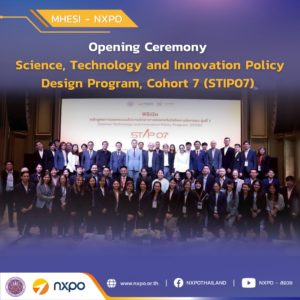Thailand’s Ministry of Higher Education, Science, Research and Innovation (MHESI) was invited to participate in a high-level meeting on “Advancing Bioeconomy for Sustainable Food and Agriculture in Southeast Asia”, organized by the Food and Agriculture Organization Regional Office for Asia and the Pacific (FAO-RAP) on 20-21 May 2024. Two representatives from NXPO attended the meeting on behalf of MHESI, sharing Thailand’s perspectives.
On 20 May, NXPO Senior Director of Innovation Economic Policy Ms. Sirinya Lim gave a presentation on “Status of Bioeconomy Policies, Strategies, and Actions in Thailand”. She discussed the implementation of policies, regulatory framework, and standards across various industries in Thailand. For instance, the Ministry of Agriculture and Cooperatives is reviewing laws to address gene editing technology. Sustainability standards for biomass materials used in the production of bioenergy and biochemicals materials are being developed in line with international standards. An ecosystem supporting the development of synthetic biology is being cultivated, while policies and measures are being designed to turn the future food industry into a new economic driver.
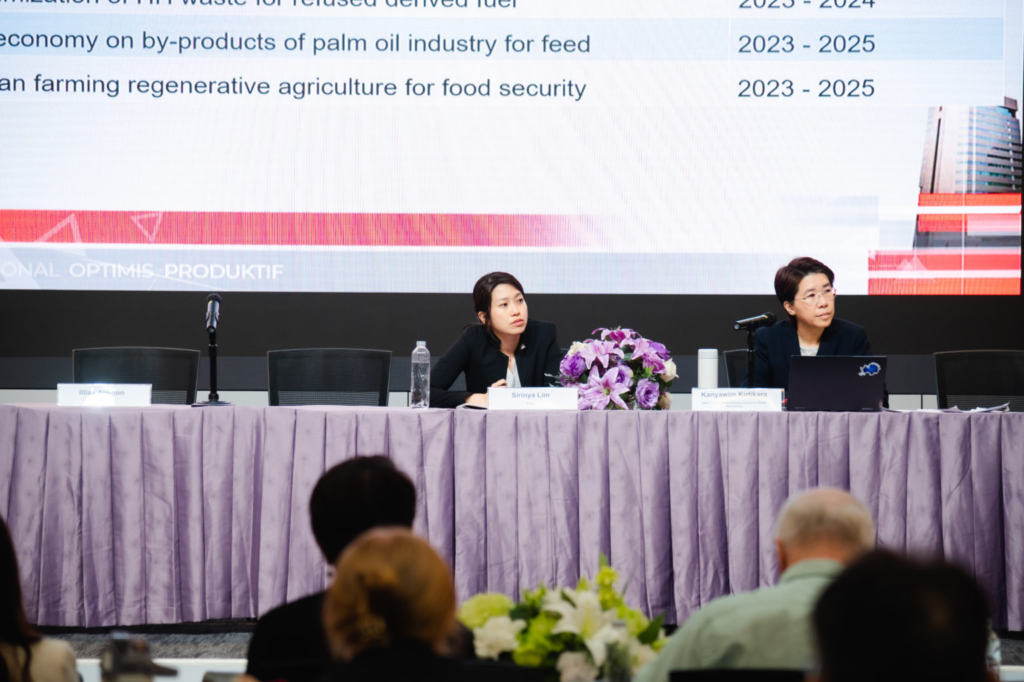
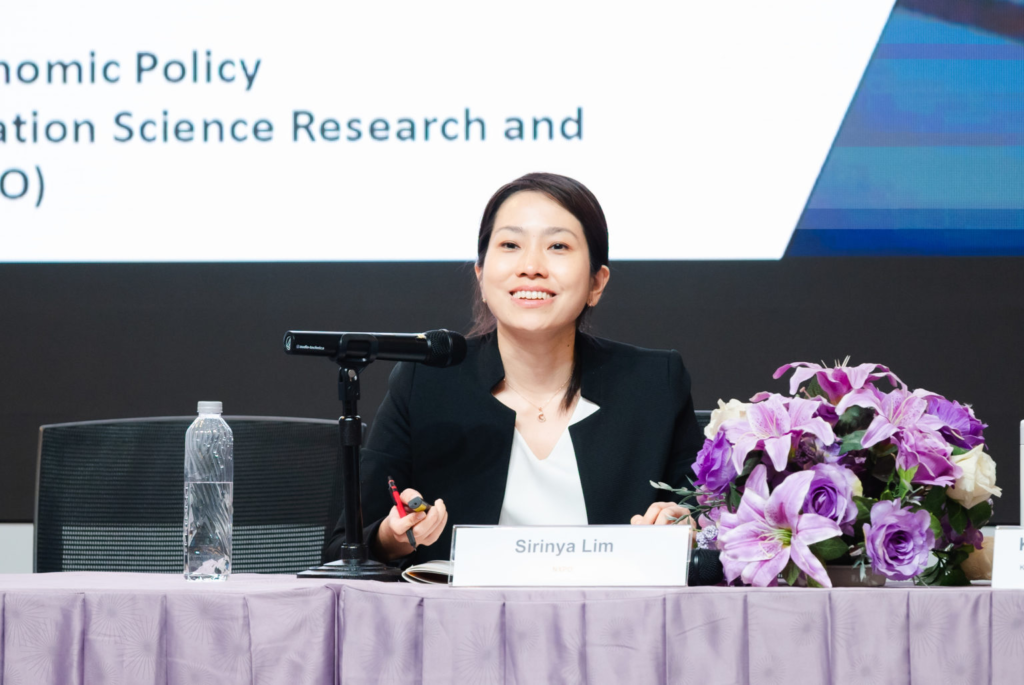
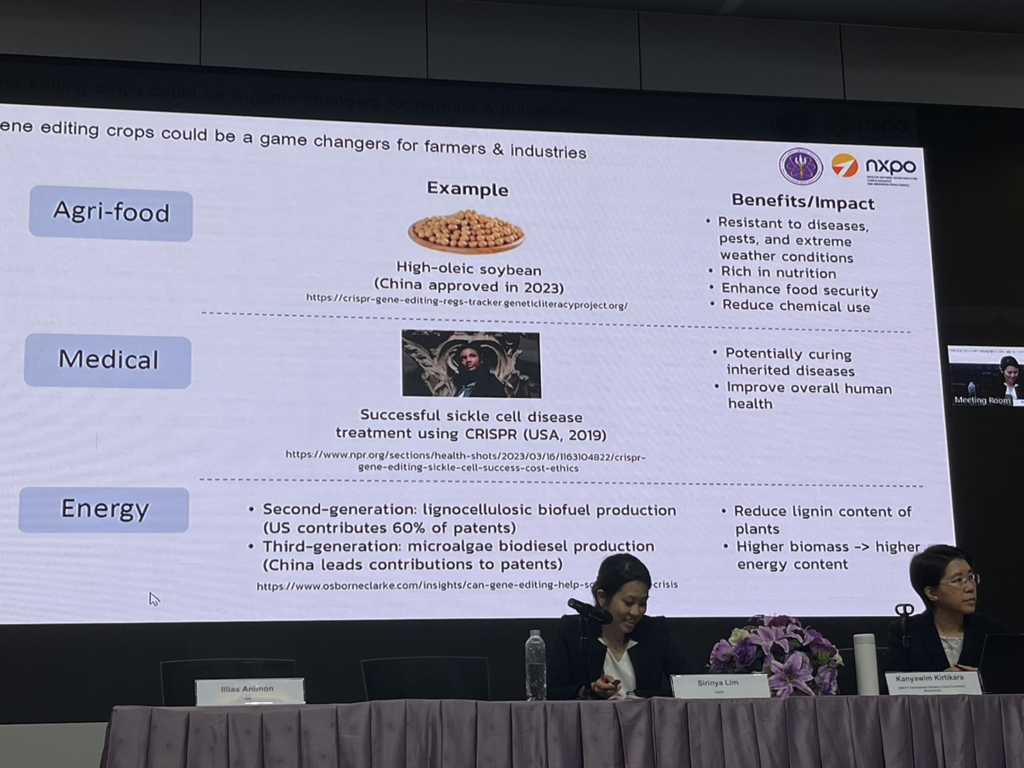
On 21 May, NXPO International Policy Partnership Director Dr. Pranpreya Sriwannawit Lundberg took the stage, presenting coordination and collaboration mechanisms contributing to sustainable agriculture. Under the IGNITE Thailand vision announced by the Thai Prime Minister, Thailand aspires to become a global hub in eight industries, one of which is agriculture and food, demonstrating the significance of this sector in Thailand. Dr. Pranpreya discussed two projects initiated by NXPO that contribute to this effort: Policy Design and Implementation Support for the Sustainability of Cassava Value Chain and Thailand Synthetic Biology Consortium. Implemented under the South-South and Triangular Collaboration Programme on Science, Technology and Innovation, the Policy Design and Implementation Support for the Sustainability of Cassava Value Chain project aims to formulate STI policies and a Bio-Circular-Green Economy (BCG) roadmap across Cambodia, Laos, Vietnam, and Thailand to ensure the sustainability of the cassava value chain. The Thailand Synthetic Biology Consortium currently has 22 members from government, industry, and academia. The group has drafted a 2022-2030 roadmap for the development of synthetic biology, outlining collaboration frameworks and technological development goals for Thailand and the region.
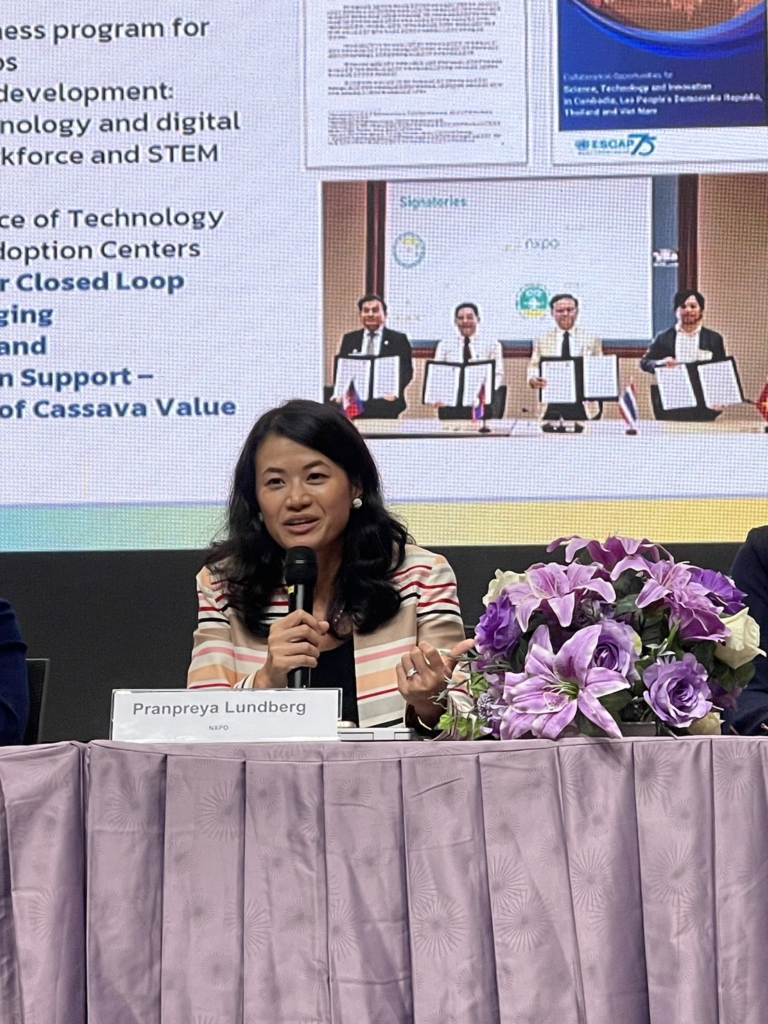
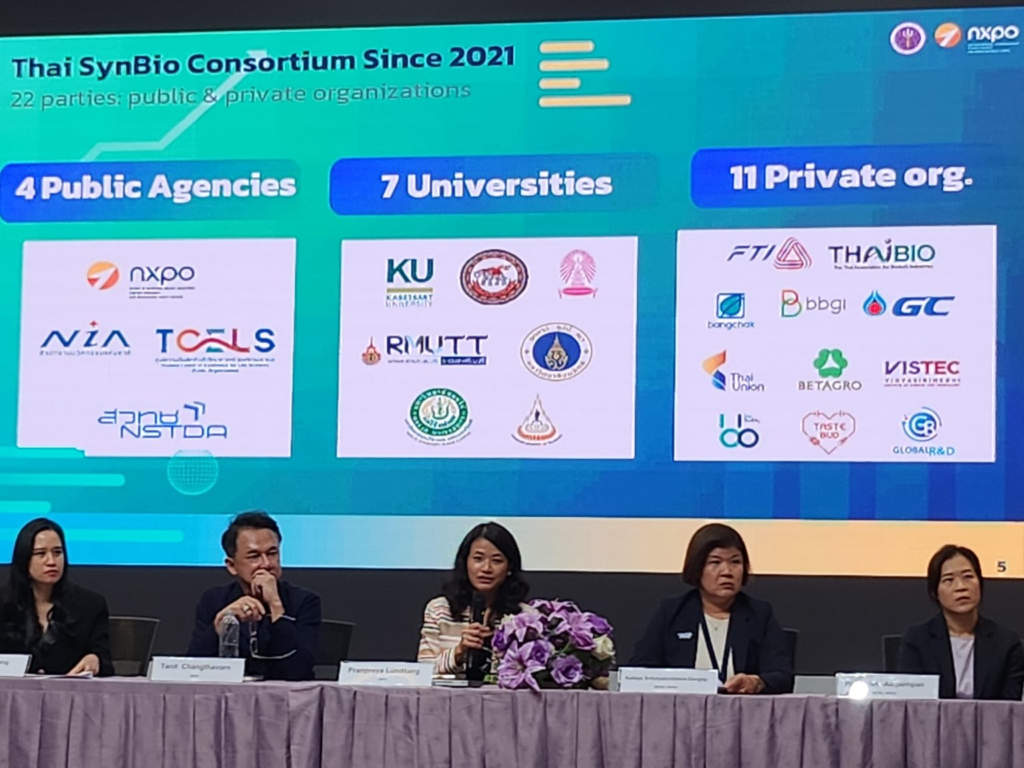
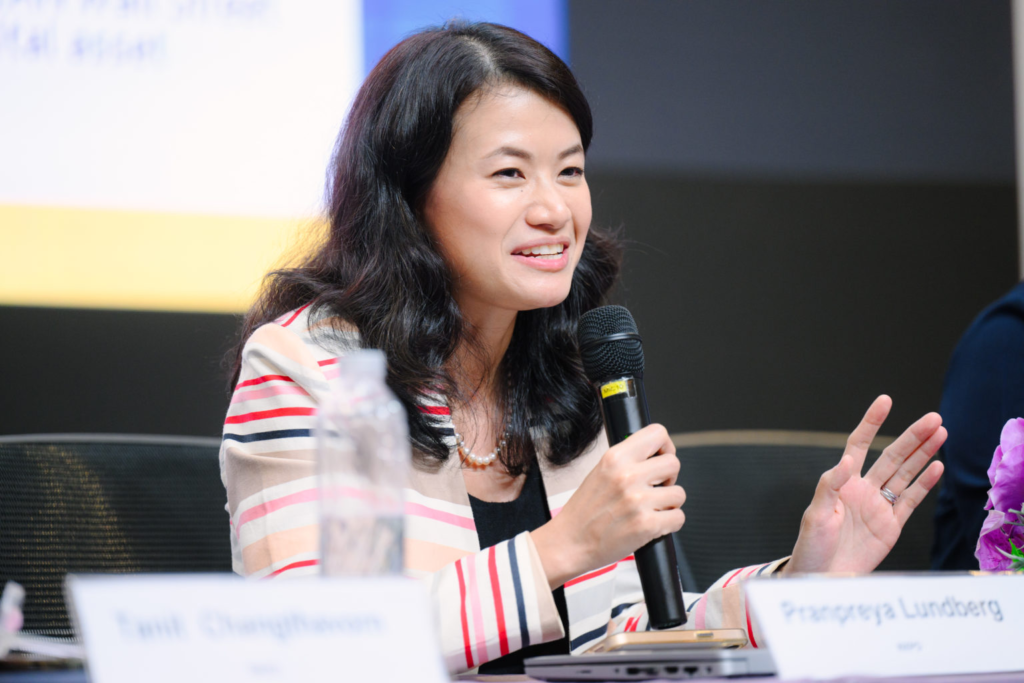
The meeting on “Advancing Bioeconomy for Sustainable Food and Agriculture in Southeast Asia” was organized to exchange knowledge and create opportunities for bioeconomy cooperation among countries in the Southeast Asian region.


